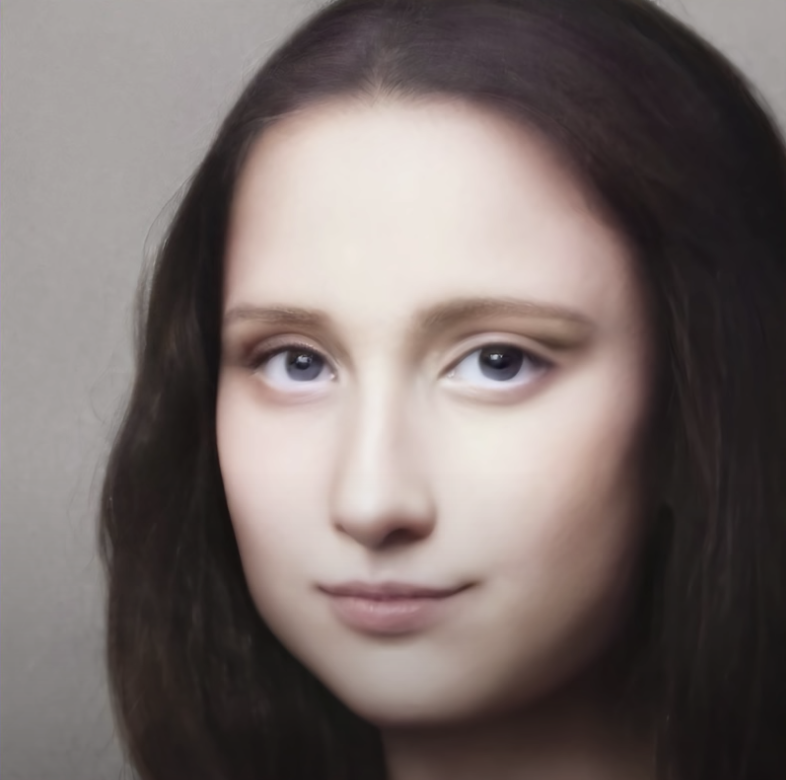Realization of a Remarkable Instance

There are metaphysical objects written into existence that are unique condensations of specially resonant information, called “instances”. An instance is a remarkable phenomenon that is elusive, mysterious and difficult to define but is basically obvious to an observer due to its immediate impact. The realization of such instances is the topic of interest here.
Consider a roughly synonymous definition:
The conscious use of imagination in the production of objects intended to be contemplated or appreciated as beautiful, as in the arrangement of forms, sounds, or words.
If a person wanted to realize a remarkable instance, that person would do well to have a deep understanding of all ideas included in the making of this definition. The most effectual words used in this definition are “imagination”, “beautiful”, “intended”, “contemplated”, “appreciated”, and “conscious”. It is clearly taken for granted that the reader of the definition knows what the words mean.
The analysis of words is nothing new, in fact some will estimate that it is predictably tedious, but the clarifications are important if a person is interested in realizing a remarkable instance. Words mean different things to different people depending on a great many factors relating to the complete history of the individual, and so it seems like a futile exercise. Words ought not however to be thought of as subjective entities, quite the opposite is actually the case. The complete history of the individual is a fact that can be taken into account. A person is a complex metaphysical object that is necessary for the refinement of meaning attached to the words in question. While this appears to suggest that there are multiple variations of basically similar metaphysical word objects, the averaging of meanings in a social milieu allows for approximate agreement despite differences found in the multiplicity.
Core beliefs can change the meaning of words. Do we have free will or don’t we? This matters in the case of the meaning of the word “intention”, which is altered depending on the answer. What does it mean to intend to create something if you have no free will? It may be that an individuals past experience is guiding behaviour pre-consciously. The meaning of word “conscious” also changes. When do we become conscious of an intention? How much of consciousness is an illusion? It could be that reality is an after-effect that we only become aware of after all pre-conscious decisions have already been made, and that realization itself is an after-effect. We never really catch up to the present, and certainly aren’t in control of intentions.
“Beautiful” is word that is not so easy to define. Most people will claim that beauty is a “subjective” matter and are done with it. This leads to the question of what is a “subject” that is able to recognize beauty?
A person is a part this world and must have a way that they work so to speak. A thing must have a way that it works or it can not exist. It doesn’t make sense to say that a thing doesn’t have a way that it works. This sounds obvious but it is very important. The strings of causation reach all the way to the beginning of existence and probably have a path to the end or maybe it are just continuous in some way but none-the-less, the person is a focal point of all relevant causes and so the appreciation of beauty must also have a way that it works that is the product of all causes.
It is not easy to view individuals as mechanistic since so much of the “subject” is mysterious however, there must be a mechanism responsible for emergent realities like the “conscious self” and the spectacular phenomenon called “beauty”. When one looks for a “self” upon to which to attach justification for statements like “the conscious use of imagination”, there is nothing to place a finger on, beside the way that things appears to work in total. A “conscious self” is essential to an objects being made comprehensible and so it is necessary to have clear understanding of the locus of emergence called a conscious self otherwise the “object” being “appreciated” will remain equally as mysterious. As inexplicable as the subject is, it certainly does have a way that it works. Inexplicability does not equal supernaturality.
There is an explanation for all this even if that explanation is beyond ones grasp. It is not unreasonable to claim that everything is objective, and that meta-physical objects are derived directly from physical causes and therefore not theoretically beyond understanding (though understanding might be made difficult by translation barriers where complex emergence occurs). Nature is unfolding as it does and so everything including the self and the instance we are wanting to realize are simply a spectacular unitary natural phenomenon. A person is the receiver of the physical impression and the generator of meta-physical condensation that we call an instance or object. It is not necessary to separate physical and metaphysical, and so proposed explanations for the nature of things should take this for granted.
Regarding responsibility for creation; the contemplation and appreciation may be where the instance is actually created and much of what can be considered noteworthy about the instance is due to the reservoir of life experience that the observer brings to the moment. Clearly the meaning ascribed to a created object depends on the intention of a creative agent and much of the critique of that instance depends on the agent’s achieving the intended communicative aim (though as we’ve seen, that depends on what is true about our core beliefs whether the “intention” has any merit). Having the realization of the instance occur as at the locus of the observer allows creation to transcend certain limitations. This opens the possibility of habitual spontaneous instance creation being projected more commonly.
Can an instance be universally objectively “good” or “bad”? If the previous arguments are true then the answer is likely yes. This is a hopeful conclusion since the goal at the end of this line of inquiry is to create a remarkable metaphysical object called an instance. If the instance can be universally considered good or bad, and the nature of all things is an objective matter then a deeper understanding of nature can lead to a better chance of creating a universally good creative object. If a person is going to spend the time to create/realize the instance then one would expect that the person will intend to make a “good” instance. (again we are challenged to define the concepts of “good and bad”)
In the same way remarkable instances are created as objects of appreciation, so the activity of the world can become note-worthy by extension of the process, unless a strict definitional separation is devised. Can realities in the world be made more remarkable by deepening general understanding? To test, start by achieving one truly remarkable instance and then discover whether the skills used in that achievement are transferable. Of course, it probably fundamentally doesn’t matter since it’s all happening automatically anyway.
Creativity beyond understanding is intuition and luck. “Intuition” may be the ground truth when it comes to creative realization. No matter what level of perceived understanding one achieves, the realization of an instance is rooted in an automatic intuitive drive. Following from this is the question of, what is the meaning of authorship? And then a consideration of the consequences for individuals of in a state of automaticity and the inherited safeguards that must be applied to protect individuals and the creations they realize. Can intuition be improved? Is artificial creativity possible and could it achieve greater creative productions than human beings? Can there be an artificial creative observer?
An instance is a useful device for communication. While it is possible for an individual to appreciate the beauty of ones own creation, it seem more likely that a creator is more interested in sharing in the event of making an impression. It might even be looked at as a display which reflects well on the creator; making an impact that peaks more general interest in the individual. The creation of a remarkable instances might work as a mating strategy; the powerfully motivating reproductive drive are a primary catalyst for the realization of instances. Certainly the instance is social and communicative.
Finding clearer definitions for the words one uses in the definition of an instance will improve the resolution of reality surrounding the process, the quality of the metaphysical objects produced and the unique benefits they offer. A word like “imagination” presently seems far beyond the possibility of explanation.
How does one realize a remarkable instance?
